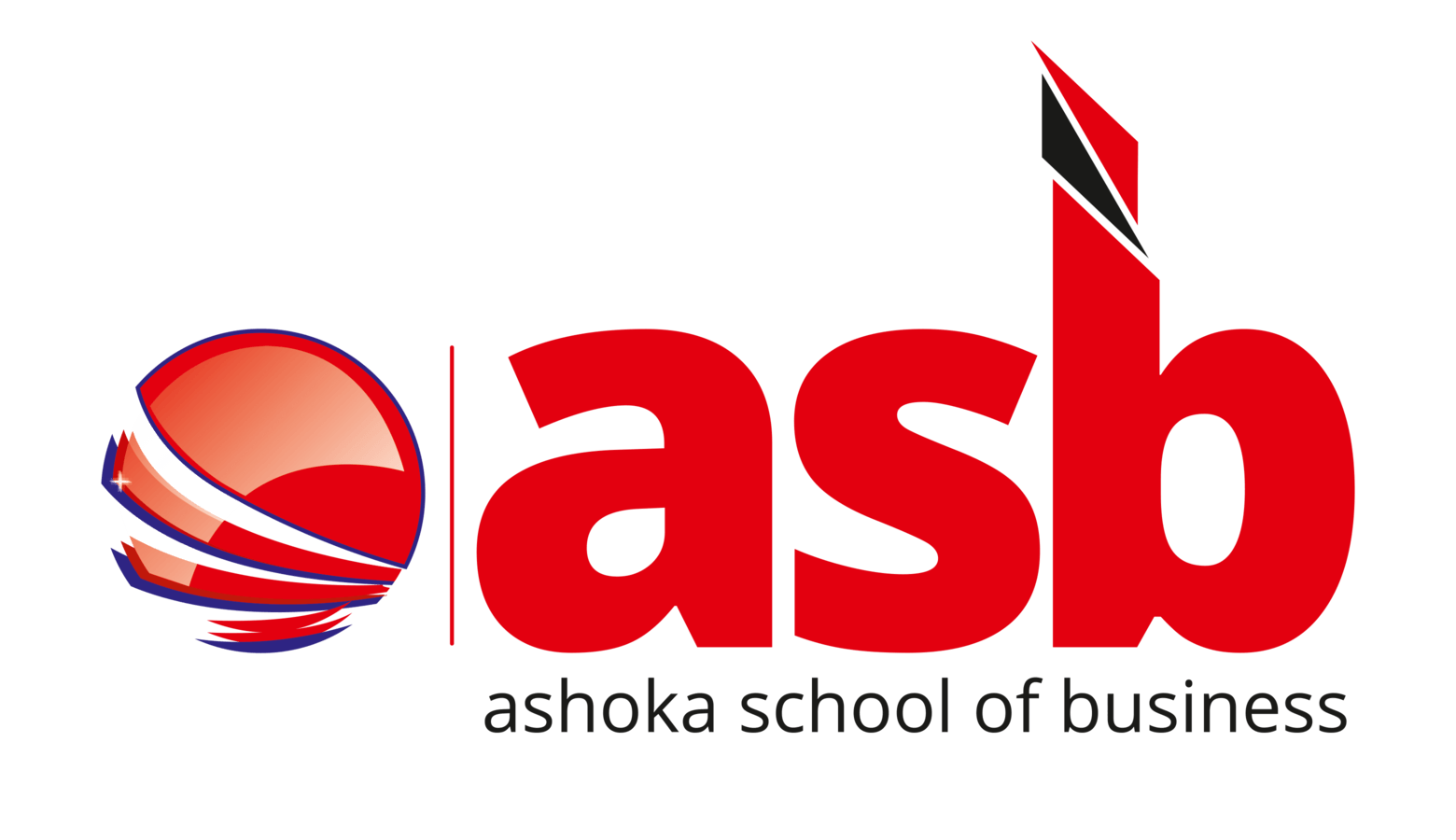Introduction
In today’s corporate world, an organization’s success depends largely on how well it manages its people. Human Resource Management (HRM) focuses on attracting, nurturing, and retaining talent to drive performance. A master’s degree in HR equips students with the knowledge, leadership abilities, and strategic thinking necessary to thrive in this dynamic field. This article explores why pursuing an MBA in HR is valuable, the advantages it offers, and the career paths it can open. Many top MBA colleges in Hyderabad now emphasize specialized HR programs that integrate technology, leadership, and data-driven decision-making.
Reasons to Specialize in HR Through an MBA
Professionals often choose HR as a focus in their MBA for several key reasons:
1. Acquire In-Depth Skills and Knowledge
An MBA in HR provides extensive learning beyond basic HR concepts. Students gain expertise in workforce planning, recruiting top talent, designing compensation packages, fostering employee development, and driving organizational change. The program also hones critical abilities like leadership, communication, decision-making, and analytical thinking, enabling graduates to approach HR challenges strategically.
2. Opportunities for Leadership Roles
This degree prepares graduates for senior positions within organizations, such as HR Manager, Director of Talent, or Chief People Officer. It also opens doors to specialized areas like employee training, benefits management, or succession planning. Completing an HR-focused MBA signals a commitment to professional growth and leadership readiness.
3. Networking and Professional Exposure
MBA programs in HR provide platforms to engage with experienced HR professionals, industry experts, and mentors. Seminars, workshops, and interactive projects help build networks that can support career development and provide insight into evolving workplace practices.
4. Higher Compensation
Graduates with a master’s in HR typically earn more than those with only undergraduate qualifications. By combining specialized knowledge with strategic capabilities, professionals become more valuable to organizations, which is reflected in higher pay packages.
5. Adaptability in a Changing Workforce
The HR landscape is constantly shifting due to technology, globalization, and changing workforce expectations. An MBA in HR equips graduates with the ability to adapt and lead in these dynamic conditions. Many artificial intelligence colleges in Hyderabad are also incorporating HR analytics and automation courses to help students understand how AI can enhance recruitment, training, and employee engagement strategies.
Key Benefits of Earning an MBA in HR
Some of the main advantages of pursuing an MBA in Human Resources include:
- Career Advancement: Prepares you for senior roles and leadership opportunities.
- Specialized Expertise: Offers a detailed understanding of HR functions like recruitment, employee engagement, and organizational strategy.
- Leadership Development: Enhances team management, influence, and organizational decision-making skills.
- Professional Connections: Facilitates networking with peers, industry professionals, and mentors.
- Better Earnings: Positions graduates for higher salary potential.
- Strategic Insight: Enables alignment of HR initiatives with overall business goals.
- Global Awareness: Exposure to international HR practices and cultural diversity.
- Flexibility: Builds skills to navigate complex and evolving workplace challenges.
Why Individuals Choose HR as a Career
Many professionals are drawn to HR for personal and professional reasons, including:
- Interest in People: A desire to support and develop employees in meaningful ways.
- Influence on Organizational Success: HR professionals shape policies, culture, and talent strategies.
- Problem-Solving: Addressing workplace challenges and making informed decisions.
- Variety in Daily Work: HR roles cover recruitment, training, performance management, and more.
- Making a Positive Impact: Enhancing employee engagement, inclusion, and workplace satisfaction.
Is an MBA in HR Worth Pursuing?
An MBA in Human Resources is an excellent investment for those seeking to progress in HR careers. It offers advanced knowledge, leadership opportunities, higher earning potential, and equips graduates to handle evolving workforce dynamics. However, it should align with your personal goals, interests, and career aspirations.
Who Should Consider an MBA in HR
Ideal candidates include those who:
- Are passionate about employee development and workplace improvement.
- Have strong interpersonal and communication abilities.
- Enjoy strategic thinking and problem-solving.
- Seek long-term professional growth and leadership roles.
- Are adaptable and eager to continuously learn.
Undergraduate Backgrounds Suitable for HR MBA
Several undergraduate programs prepare students for HR postgraduate studies:
- Human Resource Management: Provides basic HR knowledge and processes.
- Business Administration: Offers insight into finance, marketing, and operations.
- Psychology: Helps understand human behavior and motivation.
- Sociology: Builds awareness of social dynamics, culture, and inclusion.
- Economics: Teaches labor trends and market analysis for workforce planning.
Other related fields like law, public administration, or social work can also form strong foundations.
Essential Subjects in an HR MBA Program
An MBA in HR combines general management and specialized HR courses:
Core Management Courses
- Management Principles: Basics of planning, organizing, and leading teams.
- Organizational Behavior: Study of employee motivation, teamwork, and leadership.
- Business Economics: Economic principles affecting business decisions.
- Financial Management: Budgeting, accounting, and finance essentials.
- Marketing Fundamentals: Understanding markets, customer behavior, and promotion.
HR-Focused Courses
- Human Resource Management: Comprehensive HR functions including hiring, training, and performance evaluation.
- Strategic HR Planning: Aligning HR policies with organizational objectives.
- Organizational Development: Driving change and improving workplace efficiency.
- Compensation & Benefits: Designing pay structures and incentive programs.
- Employee Relations: Managing workplace disputes and labor compliance.
- Talent Management: Recruiting, developing, and retaining top talent.
- Training & Development: Implementing learning programs for workforce growth.
- Performance Management: Monitoring and enhancing employee contributions.
Electives
- Global HR Practices
- Employee Engagement Strategies
- Diversity and Inclusion Initiatives
- HR Analytics
- Industrial Relations
To stay competitive in this evolving field, some PGDM marketing management colleges in Hyderabad are also including HR analytics and leadership modules that help students blend people management with business strategy.
Conclusion
Pursuing an MBA in Human Resources offers a strategic path to mastering people management. It equips students with essential skills to lead teams, drive organizational success, and positively impact workplace culture. Whether your goal is leadership, career growth, or creating a thriving work environment, an HR-focused MBA provides the knowledge and expertise necessary to achieve a rewarding and meaningful career.


